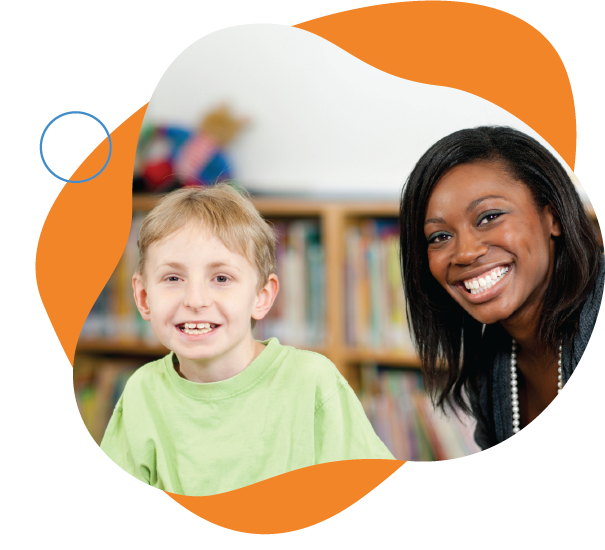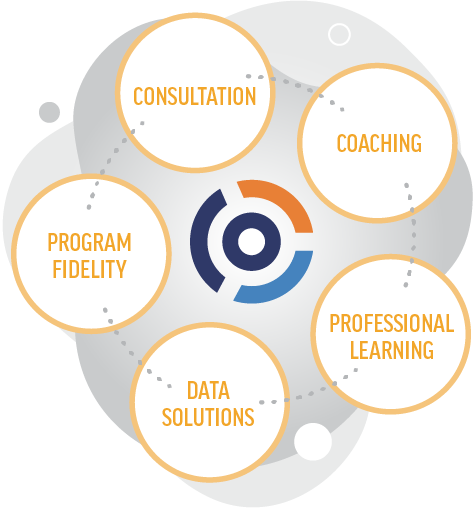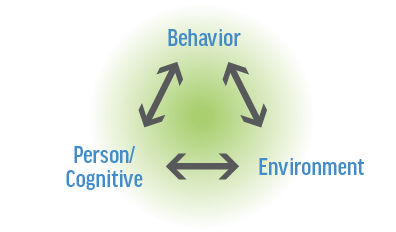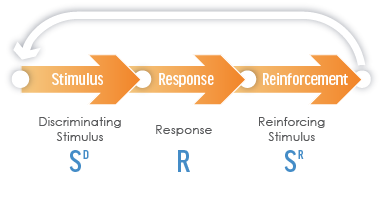What is Social, Emotional, and Behavioral Programming
Our Social, Emotional, and Behavioral Programming is a cognitive-based intervention program developed by Collaborative Learning Solutions to specifically target students showing lagging skill development, disabilities, trauma, or any combination of the three causing severe behavior and/or emotional concerns. The program is designed as an alternative to sending students to non-district programs, such as non-public schools or residential treatment centers, allowing the district to have quality control and assuring students receive equitable education.
The purpose of our intervention program is to support students with long-term growth and expand their cognitive skill development, which fosters more equitable outcomes and positive societal contributions.
The program’s core five components are:
-
Authentic Relationship Development: The involvement of committed, concerned educators and other adults are reasons why students stay in school. Thus it’s important to foster positive, respectful relationships and interactions between staff and students.
-
Rigorous Skill Development: Provide targeted cognitive skill development for each student determined by specific inventories completed by educators and parents. SEL, Restorative Practices, PBIS, Growth-Mindset, tiered interventions, and executive functioning skills are wrapped into the overall program through intentional practices.
-
Cognitive Collaboration: Analyze unmet expectations that provide opportunities and provide specific problem-solving steps and guidance on how to collaborate with students. While doing this, we target all of the Social-Emotional Learning (SEL) core competencies.
-
Targeted Growth: Targeted growth practices provide opportunities for students to develop healthy and accurate interpretations of their successes and failures, which in turn leads to improved self-efficacy.
-
Equitable Systems Implementation: We address improvement through an integrated, comprehensive framework. It focuses on equity, standards, core instruction, differentiated learning, student-centered learning, individualized student needs, and the alignment of systems necessary for all students’ academic, behavioral, social, and emotional successes.














